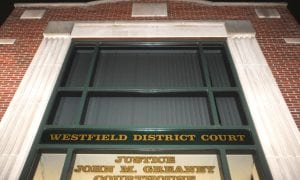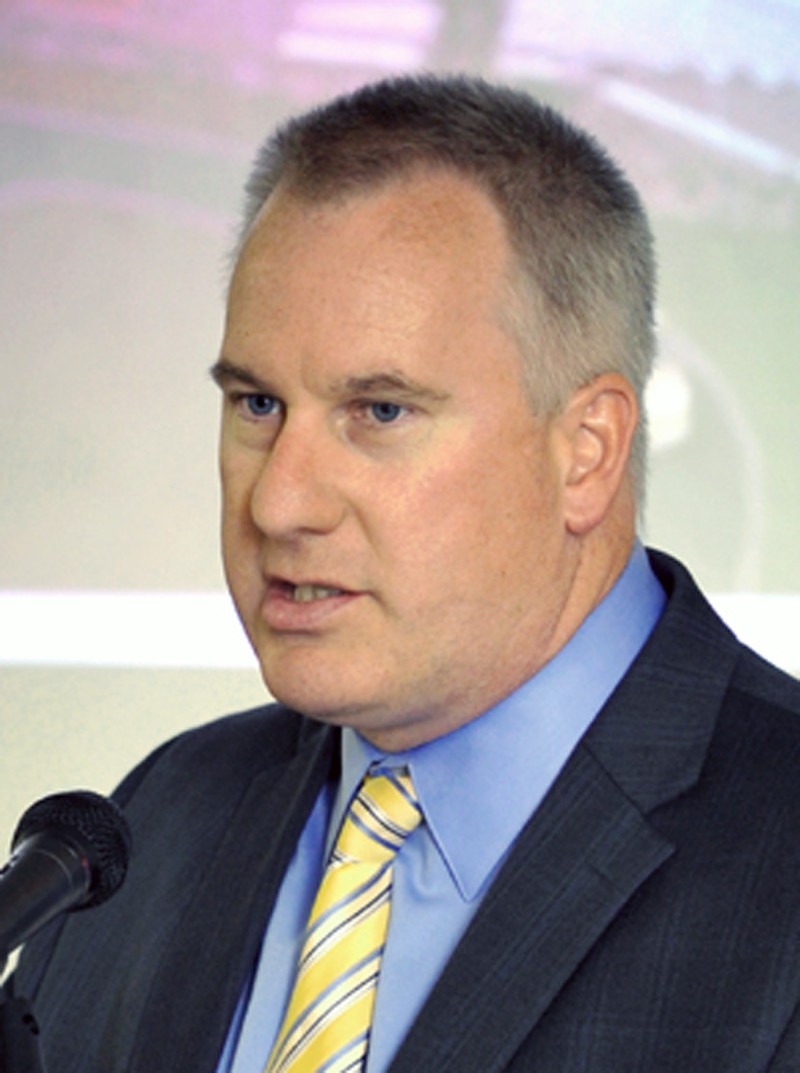(AP) – Massachusetts sued five major banks Thursday over deceptive foreclosure practices such as the “robo-signing” of documents, potentially undermining negotiations between lenders and state prosecutors across the nation over the same issue.
The lawsuit named Bank of America Corp., JPMorgan Chase & Co., Wells Fargo & Co., Citigroup Inc., and GMAC. It was filed in Massachusetts by Attorney General Martha Coakley.
“We have two clear goals with this lawsuit — one is to provide for real accountability for the role the banks have played in unlawful and illegal foreclosures, and secondly to provide for real and enforceable relief for the harm that the misconduct has caused,” said Coakley in a press conference to announce the lawsuit.
The lawsuit also named Mortgage Electronic Registration System, Inc. and its parent company as defendants. The company, a mortgage registry database, has been accused of shoddy record keeping in large numbers of foreclosure proceedings.
The complaint claims the banks violated Massachusetts law with “unlawful and deceptive” conduct in the foreclosure process, including unlawful foreclosures, false documentation, robo-signing, and deceptive practices related to loan modifications.
Gerry Ciejka, Vice President and General Counsel for Westfield Bank, said more customers are relying on community-based banks because they generally try to work out problem loans with customers before jumping to a foreclosure.
“Based on lending practices of certain large banks and Wall Street’s previous appetite for mortgage-related products, these types of suits are becoming more commonplace,” Ciejka said. “Fortunately, the majority of mortgage lending in (the Westfield) area is performed by local, community-based banks who take a more customer-centric approach to their lending and will attempt to work out problem loans with their customers prior to initiating foreclosure proceedings.
“I know of no local bank that has, or will, engage in practices such as robo-signing,” Ciejka added. “Because of these practices, we are seeing higher volume of residential mortgage requests and a significant movement across all lines back to community banks.”The lawsuit filed on Thursday comes as talks have been dragging on for more than a year between major banks and the attorneys general from all 50 states over fraudulent foreclosure practices that drove millions of Americans from their homes following the bursting of the housing bubble.
In October 2010, major banks temporarily suspended foreclosures following revelations of fraudulent documents processed by banks. The talks between prosecutors and the banks have been designed to institute new guidelines for mortgage lending nationwide. It was anticipated to be the biggest overhaul of a single industry since the 1998 multistate tobacco settlement.
Coakley said banks have had more than a year to “show accountability for this economic mess,” and have failed to do so. “It’s taken too long,” she said.
Banks had been hoping to put the issue behind them by reaching a blanket agreement with prosecutors. The Massachusetts complaint, and potentially similar lawsuits springing up in other states, could be the first phase of a widening legal quagmire that banks had hoped to avoid.
“This could put pressure on banks and lead to a stronger settlement for homeowners,” said Lewis Finfer, executive director of Massachusetts Communities Action Network, an organization that works on foreclosure prevention.
Over the past year, several obstacles to the settlement have arisen. Attorneys general of different states have disagreed over what terms to offer the banks. In September, California announced it would not agree to a settlement over foreclosure abuses that state and federal officials have been working on for more than a year.
Coakley, along with New York Attorney General Eric Schneiderman and Delaware’s Beau Biden, have argued that banks should not be protected from future civil liability. Other states, including Kentucky, Minnesota and Nevada, have raised concerns about the extent of legal civil immunity the banks would receive as part of a settlement.
Both sides have also argued over the amount of money that should be placed in a reserve account for property owners who were improperly foreclosed upon. Many of the larger points of the deal, including a $25 billion cost for the banks, have been worked out, according to people briefed on the internal discussions but who are not authorized to speak publicly about them.
State officials had been hoping to finish a deal by the end of the year.
The lead negotiator on behalf of state prosecutors, Iowa Attorney General Tom Miller, said in a statement that he hopes Massachusetts would join the broader settlement that’s still being worked on.
“We’re optimistic that we’ll settle on terms that will be in the interests of Massachusetts,” Miller said.
Coakley said she had hoped for a nationwide agreement by Thanksgiving but acknowledged a deal could still happen. “We intend to both stay in touch with what’s happening and pursue our own lawsuit,” she said.
JPMorgan Chase, Wells Fargo, GMAC Mortgage responded mostly with statements of disappointment. MERS said it complies with Massachusetts law; Citigroup said it would defend its actions vigorously. Bank of America said it believed that a collaborative resolution was a better path to healing the housing markets versus continued litigation.





